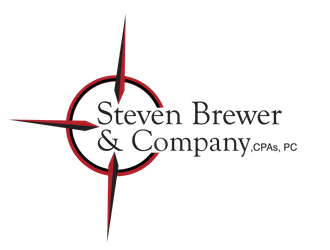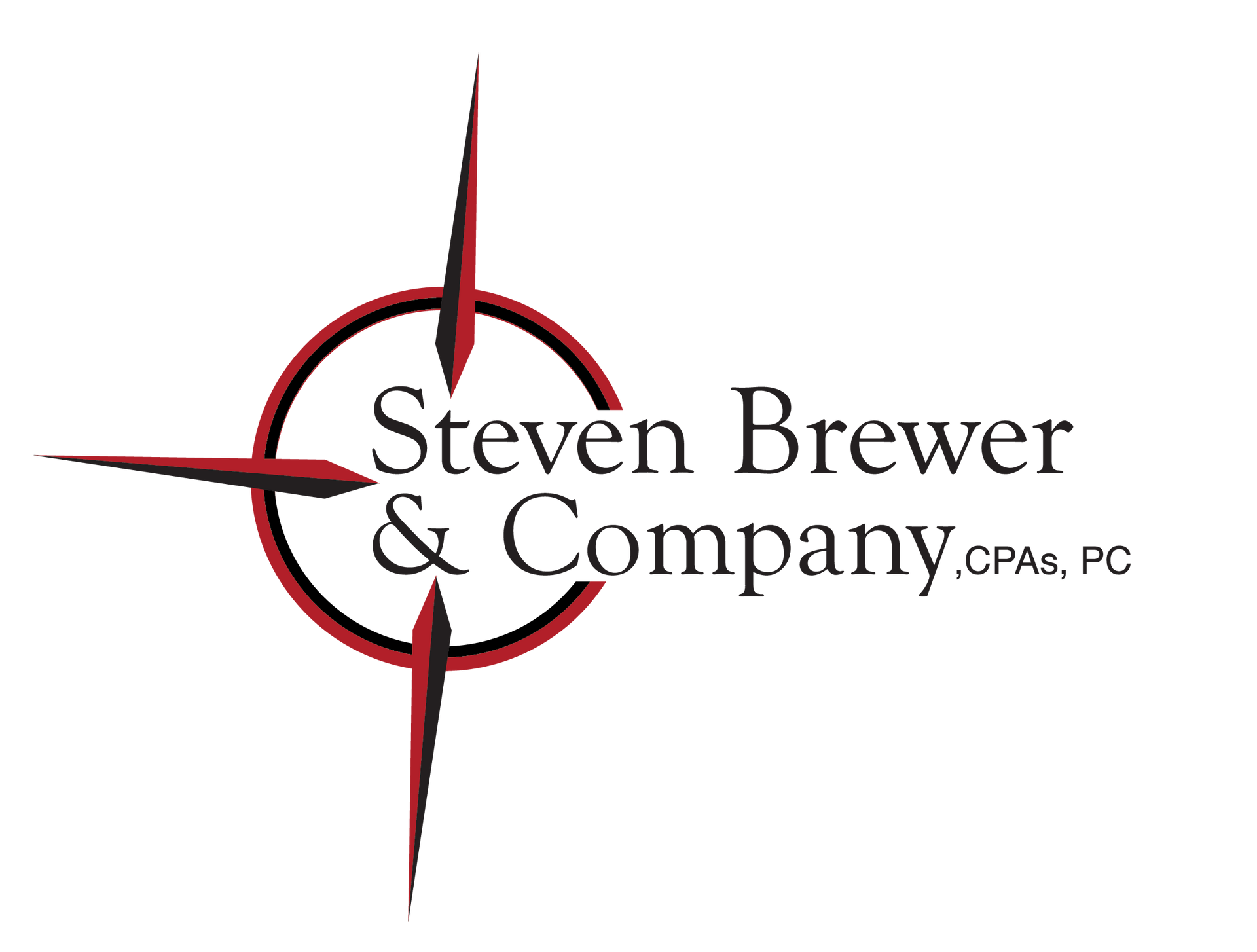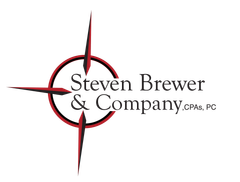Offering virtual CFO services....
We’re not just about crunching numbers.
Offering financial advisory and consulting services for individuals and their growing businesses, so they can focus on their business.
We make the complex simple
We offer experienced financial advisory and consulting, accounting, bookkeeping and tax services, so you can focus on everything else in your business.
With our expertise and know-how, we'll help you save money, reduce stress, and focus on your real priorities, that of running your business.
-
Consulting
ButtonWe’ll take you beyond the numbers with deep analysis and strategic guidance that enables you to make sound, smart business decisions.
-
Accounting
ButtonYou run your business. We’ll run your numbers.
Payroll
Avoid payroll filing issues and day-to-day processing by handing complex payroll work over to us.
Tax returns
Keep more of your hard-earned money with sound, strategic tax planning and preparation support.
Testimonials
This is a paragraph. Writing in paragraphs lets visitors find what they are looking for quickly and easily.
This is a paragraph. Writing in paragraphs lets visitors find what they are looking for quickly and easily.
This is a paragraph. Writing in paragraphs lets visitors find what they are looking for quickly and easily.
This is a paragraph. Writing in paragraphs lets visitors find what they are looking for quickly and easily.
I knew Steven Brewer through networking for a few years before hiring him at my business. Why in the world did I wait so long?! Steven’s office handles not only mine and my wife’s personal and business taxes, but does our payroll and bookkeeping as well, and we occasionally get great advice from them on top of everything else!
Steven is a great CPA, but he also cares about your business and wants to see it succeed. If you want to concentrate on running your business because taxes, payroll, etc. are handled seamlessly, then hire Steven Brewer and Company. You will be happy that you did! They are business lifesavers!
Jeff Elder, JenPale
We have experts in a range of industries including:
Small to Medium Sized Businesses
Large or small, stay on top of the regulations that affect your business.
Individuals
Individual, one-person businesses.
You focus on your business, we'll focus on the financials.
Out of the Box
Specific service businesses such as Home Inspectors, Professional Dog Handlers and more.
Professional Services
Medical, Investment, Attorneys-have the peace of knowing you can focus on your clients while we focus on your financials.
Trust is the foundation of great service
We provide consulting, accounting, bookkeeping and tax services to individuals, small businesses and corporate clients. Our services are tailored to the unique needs of each client. We work as part of your team, understanding your needs and what matters to you, most.
| Features | |
|---|---|
| ✓ Trust | ✓ Expertise |
| ✓ Accuracy | ✓ Experience |
| ✓ Confidentiality | ✓ Professional |
News a' Brewin!



Want more information?

Steven Brewer & Company, CPA's PC
Latest news








